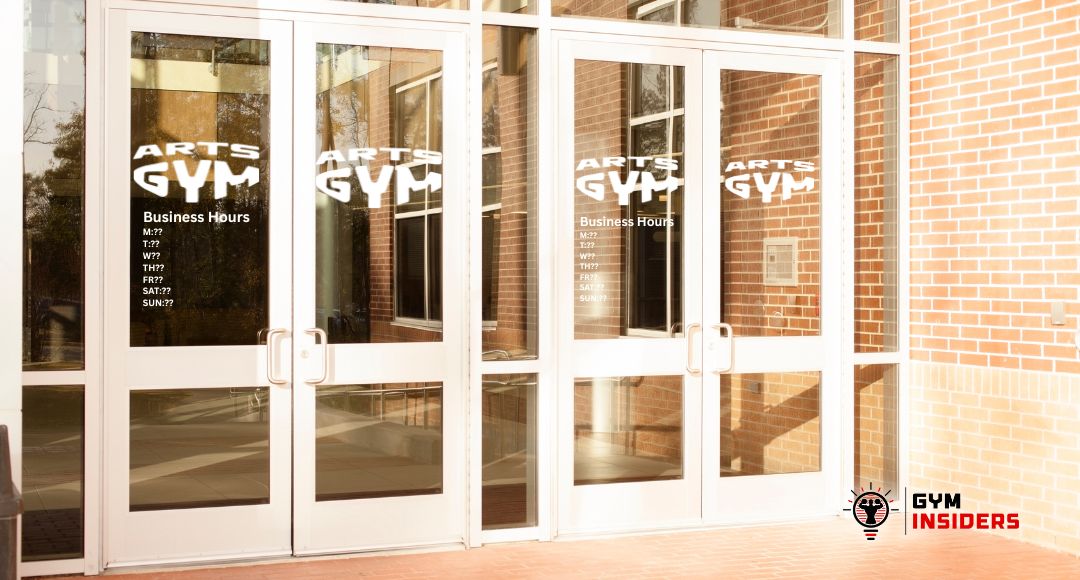In the dynamic, ever-evolving world of fitness, the pivotal role of a gym general manager is multi-faceted and complex. The general manager stands as the central force in creating an environment that is not just about exercise, but one that serves as a community, a sanctuary, and a platform for individuals to embark on a transformative journey towards better health and wellness. In my 17 years of experience within the health and wellness sector, I’ve witnessed the highs and lows of gym businesses, and a recurring theme across many challenges is the pivotal role of the gym general manager.
Through countless interactions, observations, and analyses, I’ve identified four primary reasons that precipitate failure for gym general managers. By exploring these areas and suggesting practical solutions, we can empower gym managers to circumvent these pitfalls and steer their businesses towards sustained success.
1. Inadequate Management Skills
A significant hurdle that many gym managers grapple with is the lack of adequate management skills. Gym managers need to excel in multiple dimensions, from overseeing operations and managing employees to driving marketing efforts and delivering high-quality customer service.
While many gym managers emerge from fitness or sports backgrounds, their passion for the industry and knowledge of exercise routines are not always paired with the necessary business acumen or managerial expertise. This deficit can result in operational inefficiencies, a demotivated workforce, and a decline in customer satisfaction.
Solution:
The importance of professional development for gym managers cannot be overstated. Lifelong learning through industry-related workshops, business management courses, and seeking mentorship from seasoned industry professionals can significantly bolster managerial skills. Furthermore, active participation in networking events can serve as an avenue for peer learning, staying updated with industry trends, and gaining a broader perspective on managing a gym business.
2. Poor Financial Management
The second major stumbling block lies in financial management. The financial health of a gym is a multifaceted entity that demands deep understanding and strategic planning. This includes revenue generation, cost control, budgeting, and strategic financial planning.
A common pitfall among gym managers is an over-reliance on membership fees as the primary source of revenue. This model can be volatile, especially during off-peak seasons or in the face of intensified competition. Additionally, poor financial literacy can result in mismanaged funds, unchecked expenses, and in extreme cases, bankruptcy.
Solution:
Enhancing financial literacy is imperative for gym managers. A robust understanding of key financial statements, the ability to analyze these documents effectively, and making data-driven decisions can help maintain the financial health of the gym. Diversifying revenue streams by exploring avenues such as personal training sessions, selling fitness merchandise, or offering specialized classes can mitigate financial risks. Regular financial audits can provide a clear picture of the financial health of the gym and inform strategic decisions.
3. Neglecting Member Experience
In the fiercely competitive fitness industry, the customer experience has emerged as a crucial differentiator. A gym is more than a place to work out; it’s a thriving community where members should feel welcomed, motivated, and valued.
However, some gym managers, in their pursuit of sales and memberships, lose sight of the importance of customer satisfaction. This skewed focus can lead to high member churn rates, negative word-of-mouth, and a decline in overall business.
Solution:
A gym manager must place a high priority on curating a positive customer experience. This includes maintaining a clean, safe environment, employing friendly, qualified staff, and offering diverse, engaging classes. Actively seeking customer feedback and addressing concerns promptly can enhance a gym’s reputation and foster a sense of community and loyalty among gym members. Implementing a robust customer relationship management system can help track customer interactions, preferences, and feedback, ensuring that each customer’s experience is personalized and satisfying. In addition, organizing community-building events such as member appreciation days, fitness challenges, or charity runs can also contribute to enhancing the customer experience and fostering a strong sense of community.
4. Lack of Communication with Upper Management or Ownership
The fourth major pitfall that gym managers often encounter is ineffective communication with upper management or the gym’s ownership. This is a vital aspect that is often overlooked or undervalued. Without proper tracking, reporting, and discussions on key issues, gym owners or upper management cannot provide necessary guidance, input, or assistance.
Moreover, a failure to communicate effectively can lead to missed opportunities. For instance, gym owners often have broad networks and experience that can be leveraged to solve problems, generate innovative ideas, or provide strategic guidance. Similarly, peers in similar roles can serve as an invaluable source of advice and support, as they may have encountered similar challenges and found effective solutions.
Solution:
Gym managers should strive to improve their communication skills and establish regular channels of communication with their superiors. This could include weekly or monthly reports, regular meetings to discuss progress, challenges, and future strategies, and an open-door policy that encourages communication at all times.
Furthermore, gym managers should actively seek opportunities to connect with their peers, either through industry events, online forums, or professional networking platforms (gyminsiders.com). This not only provides a platform for knowledge exchange and mutual support but also fosters a sense of camaraderie within the industry.
Conclusion: Pathways to Success
The role of a gym general manager is undeniably challenging. It demands a delicate balance between a passion for fitness, well-rounded management skills, financial acumen, a customer-centric approach, and effective communication. However, with an understanding of these common pitfalls and a proactive, strategic approach to address them, gym managers can lead their facilities towards long-term success.
Remember, no one starts their career journey as a perfect manager. Skills can be learned, knowledge can be acquired, and with the right attitude and consistent effort, any gym manager can evolve into a successful leader.
Continue your journey towards professional excellence in the fitness industry with us. Subscribe to our newsletter for more in-depth insights, effective strategies, and practical guidance on navigating the fitness industry. Join our community of gym business professionals on linkedin who are committed to ongoing growth and excellence. We’re here to spot you!







No Comments
Sorry, the comment form is closed at this time.